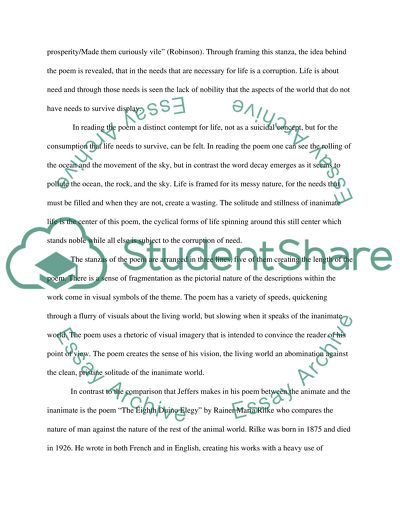Cite this document
(“The Environment and Human Experience as Explored in Three Poems Book Report/Review”, n.d.)
The Environment and Human Experience as Explored in Three Poems Book Report/Review. Retrieved from https://studentshare.org/literature/1418486-essay-on-poems-to-save-the-earth
The Environment and Human Experience as Explored in Three Poems Book Report/Review. Retrieved from https://studentshare.org/literature/1418486-essay-on-poems-to-save-the-earth
(The Environment and Human Experience As Explored in Three Poems Book Report/Review)
The Environment and Human Experience As Explored in Three Poems Book Report/Review. https://studentshare.org/literature/1418486-essay-on-poems-to-save-the-earth.
The Environment and Human Experience As Explored in Three Poems Book Report/Review. https://studentshare.org/literature/1418486-essay-on-poems-to-save-the-earth.
“The Environment and Human Experience As Explored in Three Poems Book Report/Review”, n.d. https://studentshare.org/literature/1418486-essay-on-poems-to-save-the-earth.


